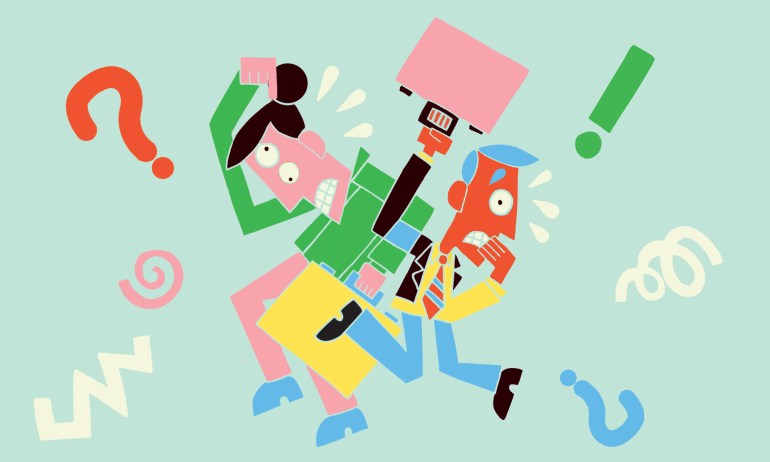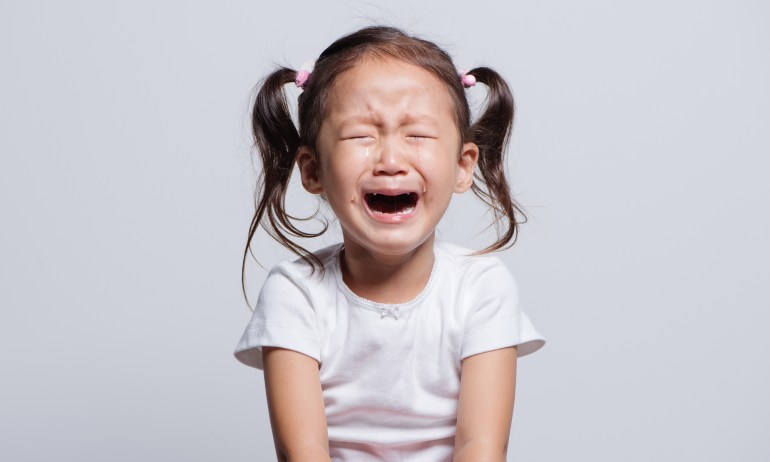
We humans
Do you secretly feel good when others stumble? 5 ways to make peace with this very human emotion
If you’ve ever experienced pleasure from people’s failures, well, join the rest of us. Here’s how to manage and make the most of your schadenfreude, says cultural historian Tiffany Watt Smith.






